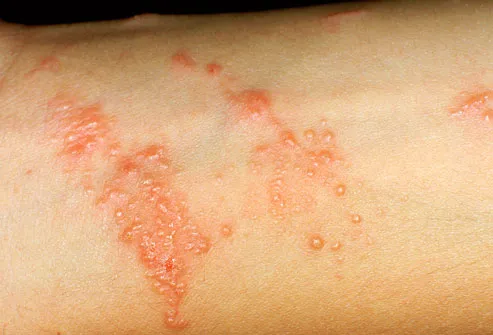
Gramercy Allergy and Asthma is a referral site for patients with uncontrolled asthma. We see some of the toughest cases of allergic asthma in New York City. Patients with uncontrolled asthma often visit the emergency room several times a month or year. They have little control over there symptoms of cough, chest tightness, shortness of breath and wheezing and feel trapped by asthma symptoms. They are woken up in the middle of the night with coughing and a feeling that they can't catch their breath. Asthma symptoms prevent many from doing the things they love like dancing, going for walks with their loved ones or just going outside.
But what many who have uncontrolled asthma don't realize is that you don't have to live with uncontrolled asthma. Here's a few things you can do to gain control over your asthma.
Get a Control of Your Asthma!
1) Knowing What You're Asthma Triggers is Vital To Gaining Control.
1) Knowing What You're Asthma Triggers is Vital To Gaining Control.
Approximately 85% of asthma is associated with allergic triggers. Animals, dust, change of season, thunderstorms, and pollens will often trigger an asthma attack. Avoidance measures like using dust mite covers for your pillows, removing feathers from your bed, repairing leaks and knowing when you use your inhalers can often make the difference between being symptom free and an asthma attack. Uncontrolled nasal and sinus allergies are often the spark that leads to uncontrolled asthma. Speak with your allergist about a comprehensive plan for tackling your asthma and allergies.
2) Know Your Level of Total IgE.
Immunoglobulin E (IgE), one of 5 types of immunoglobulins (Ig) in our body. Immunoglobulins are proteins important in fighting bacterial, virus and in causing allergy. IgE is one of the proteins responsible for triggering an allergic attack and is a marker of total body allergic inflammation. Have an elevated IgE? See an allergist. They can help you. There are medications that help block IgE from triggering an asthma attack. Your allergist can help identify which medications will be best for you to prevent an asthma attack. Having elevated IgE can be a marker of more difficult to control asthma
3) Verify you are using your medications correctly.
Asthma medications are complicated, confusing and often look alike. Verify with your doctor that you are using yours correctly- it's easy to make a mistake. Something simply as correcting your delivery of medication may keep you out of the emergency room.
4) Get your Vitamin D Level Checked.
Low vitamin D levels are associated with more frequent attacks according to a study published in The Journal of Allergy. Persons in this study with low vitamin D levels were 25% more likely to have an asthma attack according to researchers. Have low vitamin D? Vitamin D known as the sunshine vitamin is naturally made by our skin when exposed to sunshine. If you're not able to get outside regularly then take a supplement. Aim for at least 600 IU/day.
5) Look for Eosinophilia
Eosinophils are a type of blood cell associated with allergic inflammation. They are often elevated in persons with severe allergic asthma. Having elevated eosinophils can be a marker of more difficult to control disease. Elevations in eosionphils are detected via a simple blood test.
6) Look for Other Problems
Not all asthma is created equally. Persons not responding to typical medications may have something else going on that's causing them to have poorly controlled asthma. Uncontrolled sinus disease (sinusitis), allergy to aspirin (aspirin exacerbated respiratory disease), loss of smell, recurrent nasal polyps, frequent infections (ear, sinusitis and pneumonia), and long term use of oral steroids are signs that something might be missing from your asthma care.
6) Still Have Difficult to Control Symptoms- See an Allergy, Asthma and Immunlogy Specialist
Allergist/Immunologists are specially trained to deal with difficult to control asthma. Expect a detailed history of your environmental and job exposures, environmental testing,and medication teaching. They will help identify the cause of your uncontrolled symptoms and help you avoid it whenever possible. Allergists may prescribe medications like omalizumab (xolair) or mepoluzimab (nucala) that required monthly injection to fight the proteins that are causing your asthma. They are highly trained to deal with immune problems and will help you get to the root cause of your problem.
Need specific advice regarding your asthma? Visit us at gramercyallergy.com or click here for an online appointment.
@gramercyallergy




















